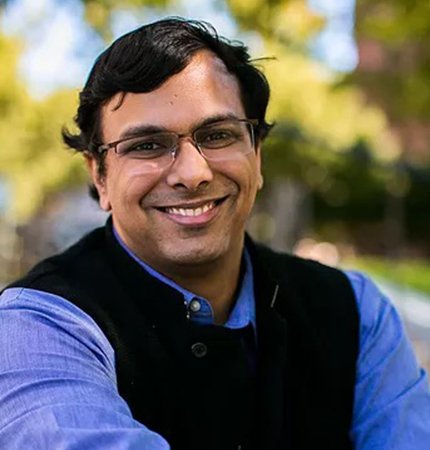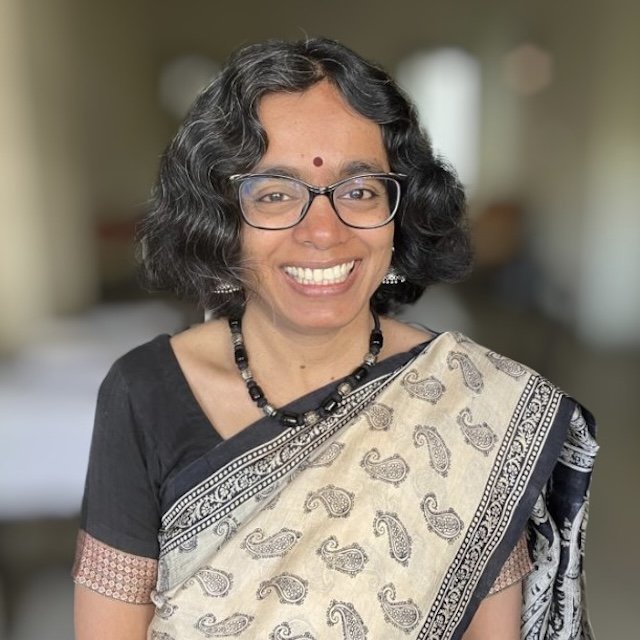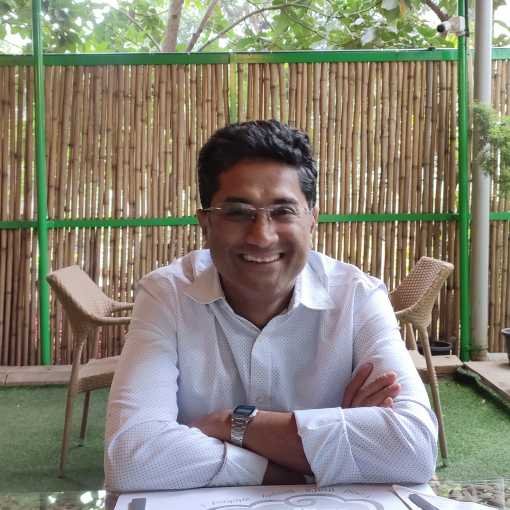Energy Transition: Work, Labour, and Tradeoffs
This two-day masterclass examined energy transitions and the associated dynamics through the lens of labor, work, and the working conditions in coal-dependent regions of India. It explored where these workers' lives intersected with local institutions, with Radhika Krishnan and Rohit Chandra leading discussions on the labor realities of energy transitions. Rooted in social science methods, the session encouraged participants to consider the perspectives of India's millions of energy-sector workers.
In another session, Shoibal Chakravarty and Rohit Chandra unpacked some of the pressing trade-offs in India's energy transition. The masterclass delved into the complex decisions surrounding energy technologies for the next half-century, considering social, economic, and environmental factors. Participants explored trade-offs related to energy poverty, employment, public health, and regional equity. By evaluating these using economic and techno-economic methods, attendees learned how to assess trade-offs at multiple levels of magnification, from the individual and firm levels to the state and national levels.
About the Political Scientist
Rohit Chandra is a political scientist and economic historian working primarily on energy, infrastructure and varieties of capitalism in India. Over the last decade, he has worked in the policy space on coal sector reforms, the politics of state discoms (particularly in Jharkhand), and public finance decisions behind large infrastructure projects. He is currently an Assistant Professor at IIT-Delhi's School of Public Policy. His work has recently expanded into the political economy of infrastructure, infrastructure finance, just transitions and the characteristics of Indian capitalism.
About the Social Scientist
Radhika Krishnan, an electrical engineer turned social scientist by training, finished her PhD at the Centre for Studies in Science Policy at Jawaharlal Nehru University, New Delhi. She is interested in political ecology and in studying the complex responses of peasants, labourers and Adivasis to the ‘development’ project presented to them. She has worked with the Indian trade unionist Shankar Guha Niyogi and the Chhattisgarh Mukti Morcha, and their engagement with the environmental, technological and social challenges posed by the industrial project in modern India. Most recently, Krishnan has been working with fellow researchers in India as well as in the Swedish University of Agricultural Sciences, the Australian National University and the University of East Anglia on the possibilities of a just transition away from coal in India
About the Energy Policy Researcher
Shoibal Chakravarty is a Senior Researcher in the Divecha Centre for Climate Change, Indian Institute of Science, Bangalore. He received his PhD in Physics from Princeton University. He has worked at the Princeton Environmental Institute, Princeton University, National Institute of Advanced Study, Bangalore and Ashoka Trust for Research in Ecology and the Environment, Bangalore.




